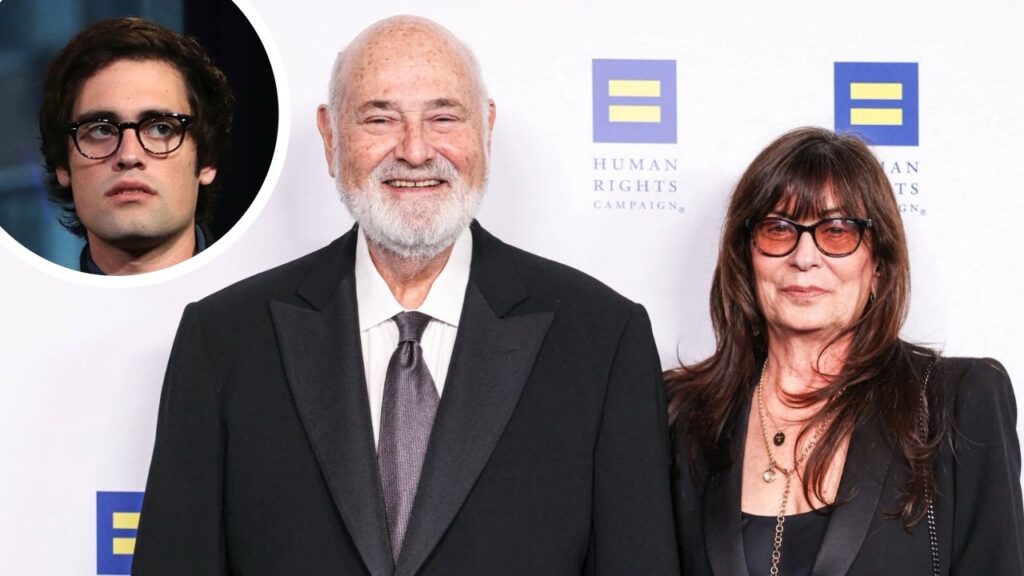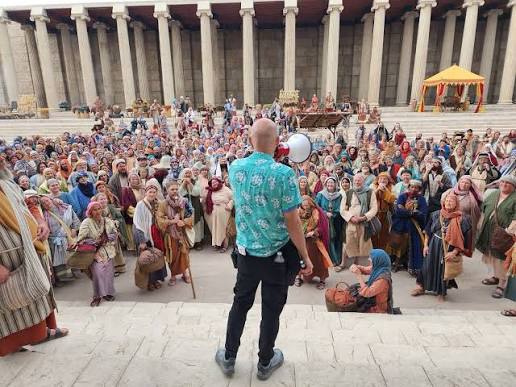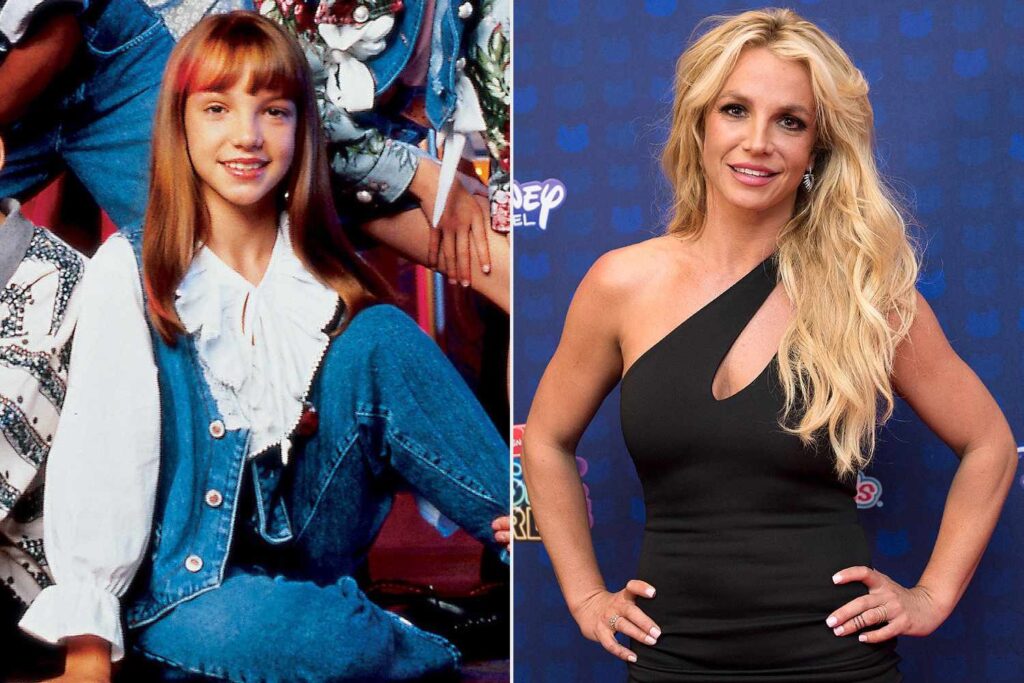In a recent wave of announcements, Netflix's plans for a live-action adaptation of the beloved anime series "Solo Leveling" have ignited backlash among fans. Originally a popular Korean web novel released in 2016, "Solo Leveling" captivated audiences with its engaging story about an underdog monster hunter's ascension to power. However, fans remain wary of the live-action format, with Swedish fan Andre Denisson declaring a lack of faith in these adaptations: "I have never had a great experience with live-action and I do not see a future or need for them to exist."
The struggle to successfully transition anime to live-action format isn't new. Historically, studios have had significant challenges, often leading to poorly received films that fail to resonate with dedicated audiences. Despite this, platforms like Netflix, alongside traditional studios, aim to capitalize on the growing global appeal of anime, which is estimated to reach $60 billion by 2030.
Anime fans, like Spanish-based Ander Guerrero, express concerns over the execution of special effects and the authenticity of the storyline. "The anime looks incredible mainly because of the fight sequences, which could be hard to replicate in live-action," Guerrero states, voicing a common fear that the adaptation may fall short of expectations. Others echo these sentiments, fearing that key moments and plot points vital to the original work could be lost or mishandled in the process.
Historically, Hollywood's attempts at anime adaptations have resulted in failures, such as the infamous 2009 movie "Dragonball Evolution" and the 2017 "Ghost in the Shell," both of which incurred significant backlash. Yet companies like Legendary and Lionsgate persist, pursuing projects like "Gundam" and "Naruto," as they believe there’s still potential for a successful live-action adaptation.
Amidst skepticism, the anime market is booming. Many fans, like UK-based Parisa Haghighat, note that attitudes toward anime have changed dramatically over the years, with the genre now gaining mainstream traction. This explosion in popularity has led platforms like Netflix to explore live-action adaptations as a means to draw in new viewers while retaining longstanding fans. Streaming figures indicate that over half of Netflix's subscribers engage with anime content.
Despite a history marred by failures, potential exists for a successful live-action series when approached thoughtfully. The 2023 live-action version of "One Piece," appreciated for its faithful adaptation and diverse cast, is a hopeful indicator for future projects like "Solo Leveling." As anticipation builds, fans are cautiously optimistic that retaining cultural elements through local casting can lead to a more authentic adaptation. "It is a good way to maintain most of the core of the story," remarks Archie Moyo, a fan from Zimbabwe.
Only time will tell if Netflix's "Solo Leveling" can bridge the gap between animation and live-action, but for now, fans remain hopeful, balancing enthusiasm with skepticism as studios continue to navigate this challenging terrain.
The struggle to successfully transition anime to live-action format isn't new. Historically, studios have had significant challenges, often leading to poorly received films that fail to resonate with dedicated audiences. Despite this, platforms like Netflix, alongside traditional studios, aim to capitalize on the growing global appeal of anime, which is estimated to reach $60 billion by 2030.
Anime fans, like Spanish-based Ander Guerrero, express concerns over the execution of special effects and the authenticity of the storyline. "The anime looks incredible mainly because of the fight sequences, which could be hard to replicate in live-action," Guerrero states, voicing a common fear that the adaptation may fall short of expectations. Others echo these sentiments, fearing that key moments and plot points vital to the original work could be lost or mishandled in the process.
Historically, Hollywood's attempts at anime adaptations have resulted in failures, such as the infamous 2009 movie "Dragonball Evolution" and the 2017 "Ghost in the Shell," both of which incurred significant backlash. Yet companies like Legendary and Lionsgate persist, pursuing projects like "Gundam" and "Naruto," as they believe there’s still potential for a successful live-action adaptation.
Amidst skepticism, the anime market is booming. Many fans, like UK-based Parisa Haghighat, note that attitudes toward anime have changed dramatically over the years, with the genre now gaining mainstream traction. This explosion in popularity has led platforms like Netflix to explore live-action adaptations as a means to draw in new viewers while retaining longstanding fans. Streaming figures indicate that over half of Netflix's subscribers engage with anime content.
Despite a history marred by failures, potential exists for a successful live-action series when approached thoughtfully. The 2023 live-action version of "One Piece," appreciated for its faithful adaptation and diverse cast, is a hopeful indicator for future projects like "Solo Leveling." As anticipation builds, fans are cautiously optimistic that retaining cultural elements through local casting can lead to a more authentic adaptation. "It is a good way to maintain most of the core of the story," remarks Archie Moyo, a fan from Zimbabwe.
Only time will tell if Netflix's "Solo Leveling" can bridge the gap between animation and live-action, but for now, fans remain hopeful, balancing enthusiasm with skepticism as studios continue to navigate this challenging terrain.




















